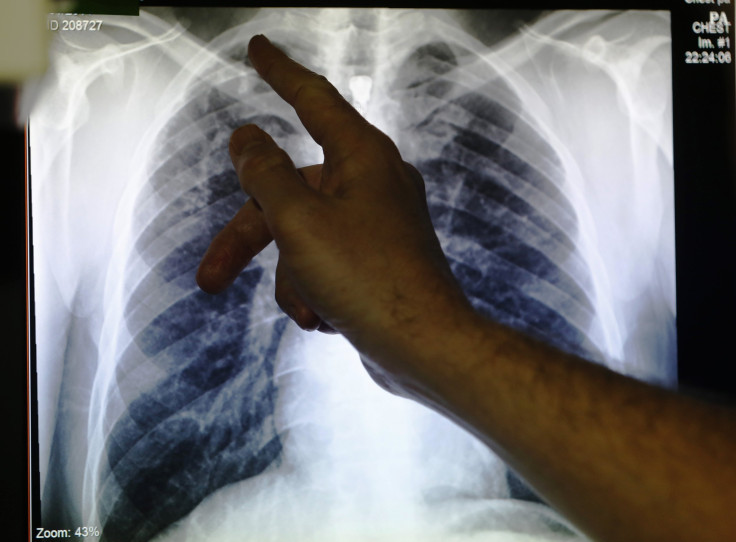WHO declares TB as ‘world's most deadly infection’ alongside HIV

The World Health Organisation released a new report showing that tuberculosis now ranks alongside HIV as the most deadly infections across the world. The diseases were described to be “effectively joint top killers” that killed between 1.1 and 1.2 million people in 2014.
The Global Tuberculosis Report 2015 shows that TB has killed 1.5 million people in the past year, including 140,000 children worldwide. In the total population of TB victims, 400,000 were reportedly HIV positive.
People in China, India, Indonesia, Nigeria and Pakistan covered more than 50 percent of all the TB cases across the world. The WHO described the figures unacceptable as TB could be cured with proper intervention.
The WHO calls for efforts from all countries to close gaps in detection and treatment of the disease, provide the needed funds, and for the development of new diagnostics, drugs and vaccines.
"Tuberculosis and HIV are now competing to be the number one cause of death from infectious disease in the world,” Dr Mario Raviglione, director of WHO’s Global TB Programme, told the BBC. "Tuberculosis now ranks alongside HIV."
However, the report also shows gains from the previous efforts to halt TB cases. The death rate in 2015 has been found to fall nearly half of the recorded number of deaths in 1990. The number of people suffering from the infection worldwide has been falling by 1.5 percent each year since 2000.
The WHO claims that the effective diagnosis and treatment of the infection saved 43 million people between 2000 and 2015. HIV or Aids death rates have also been declining due to improved access to anti-retroviral drugs, the health organisation added.
But the world still needs to “scale up services and, critically, invest in research" to completely end the epidemic, according to Margaret Chan, WHO’s director-general. Raviglione also said that despite the gains, the progress is still “far from sufficient.”
To date, 4,400 people are estimated to be dying every day from TB, which Raviglione described as an unacceptable figure in an era when every person with TB can be diagnosed and cured.
Another problem from providing treatment for TB is that the infection is becoming resistant to antibiotics, the report shows. It has been found that first choice antibiotics are no longer effective in about three in every 100 new cases of TB.
"We're losing ground in the battle to control drug-resistant forms of TB, and without considerable corrective action, the vast majority of people with multi-drug resistant TB won't ever be diagnosed, put on treatment, or cured," said Dr Grania Brigden, from Medecins Sans Frontieres.
The WHO is set to shift to its End TB Strategy in 2015. The health organisation aims to curb deaths from the disease by 90 percent by 2030.
Contact the writer at feedback@ibtimes.com.au or tell us what you think below




















